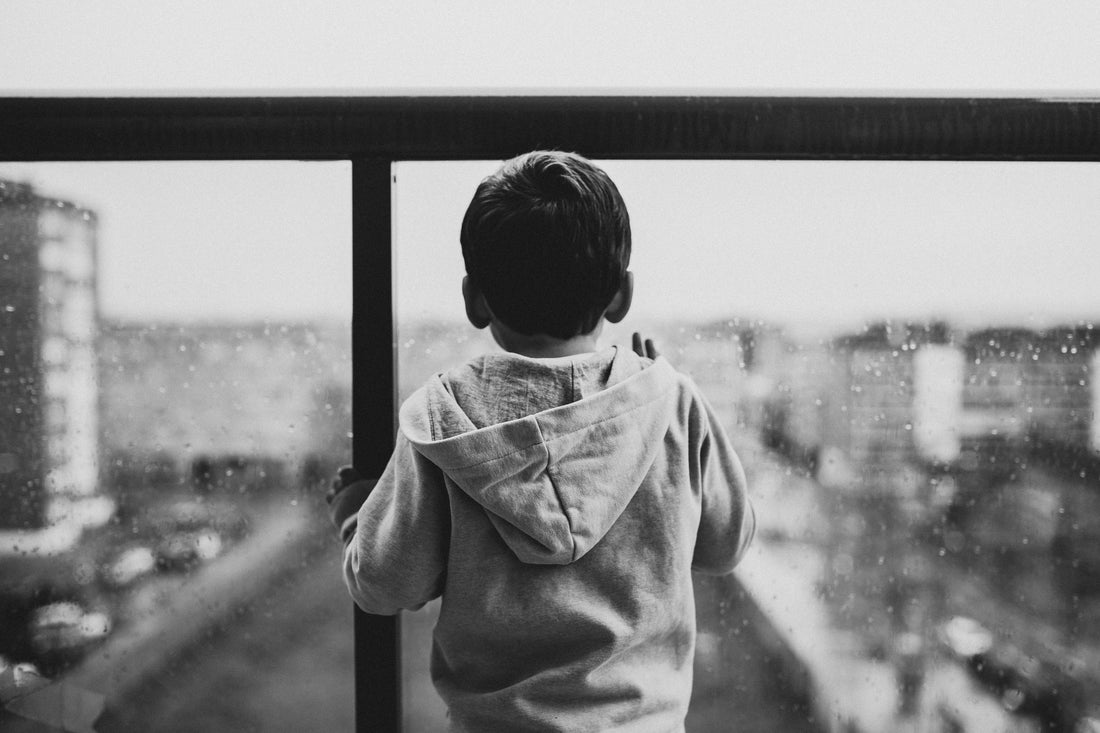Grief is hard for adults to process, but for children, it can be even more confusing and overwhelming. They may not fully understand what loss means, and their emotions can come in waves, sometimes appearing at unexpected moments. As parents, teachers, and caregivers, we have the responsibility to guide children through grief with honesty, patience, and support.
Why It’s Important to Talk About Grief
Avoiding conversations about death and loss can leave children feeling isolated and uncertain. When adults provide clear, age-appropriate explanations, it helps children make sense of their emotions and feel safe expressing them.
Talking about grief also reassures kids that they’re not alone. By acknowledging their feelings and answering their questions, we help them process their loss in a healthy way.
Age-Appropriate Ways to Discuss Grief
Children understand and experience grief differently at each stage of development. Here’s how to approach these conversations by age group:
Toddlers & Preschoolers (Ages 2-5)
- Keep explanations simple: “Grandpa died, and that means we won’t see him anymore, but we will always remember him.”
- Expect repetition—young kids may ask the same question multiple times as they try to understand.
- Reassure them that their feelings are okay and that they are safe.
Elementary-Aged Kids (Ages 6-12)
- Be honest, using clear and concrete language (avoid phrases like “passed away” or “went to sleep” that can be confusing).
- Encourage them to express feelings through talking, writing, drawing, or play.
- Let them know grief takes time and that it’s okay to feel sad, angry, or even happy at times.
Teens (Ages 13+)
- Offer space for them to talk but don’t force the conversation.
- Validate their emotions and experiences, even if they process grief differently than adults.
- Encourage peer support, journaling, or counseling if they’re struggling to cope.
Common Questions Kids May Ask
Children’s questions about loss can sometimes be difficult or unexpected. Here’s how to answer some of the most common ones:
-
“What happens when someone dies?”
- Provide an age-appropriate answer based on your beliefs, while emphasizing that the person is no longer in pain.
-
“Is it my fault?”
- Reassure them that nothing they did or said caused the loss.
-
“Will I lose you too?”
- Acknowledge their fears, and offer reassurance without making promises you can’t keep.
Ways to Help Kids Cope with Grief
- Create a memory box with photos and special items to honor their loved one.
- Read children’s books about grief to help them process emotions.
- Encourage open conversations so they feel safe asking questions.
- Model healthy grief by showing your own emotions and discussing how you cope.
Grief Takes Time
Helping a child through grief isn’t about “fixing” their sadness—it’s about walking alongside them, offering comfort, and giving them the tools to heal. With love and support, they can learn to navigate loss in a healthy way.
At Jurni, we're working to bring these themes of grief, healing, and hope to life through an animated short film inspired by our story. If you’d like to support this project, please visit our Kickstarter campaign or learn more on the Jurni website. Together, we can create something meaningful for families navigating their own journeys.

